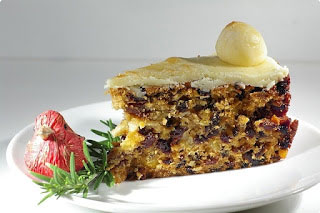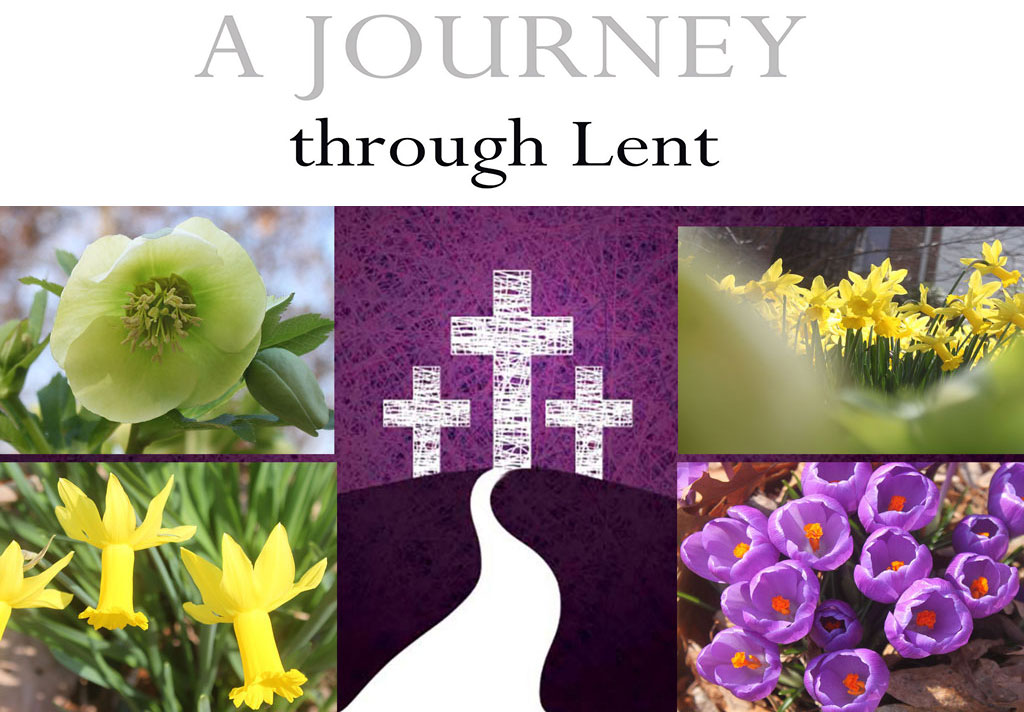
The fourth Sunday in Lent is traditionally known as “Mothering Sunday” or Refreshment Sunday. In some parts of Great Britain, the custom was to return to the “mother church” or the cathedral for a special service on this day, and it also became customary to celebrate or pay special respect to one’s own mother on this day, a sort of Anglican “Mother’s Day.”

Another custom is the relaxation of austere Lenten observances on this day, the baking of simnel cakes (light fruit cakes covered in marzipan), and in some places the replacement of purple robes and liturgical hangings with rose-colored ones. Simnel cakes are called such because of the fine flour (Latin “simila”) they were made of.
Children of all ages were expected to pay a formal visit to their mothers and to bring a Simnel cake as a gift. In return, the mothers gave their children a special blessing. This custom was so well-established that masters were required to give servants enough time off to visit out-of-town mothers – provided the trip did not exceed 5 days! This holiday became Mother’s Day in America.


